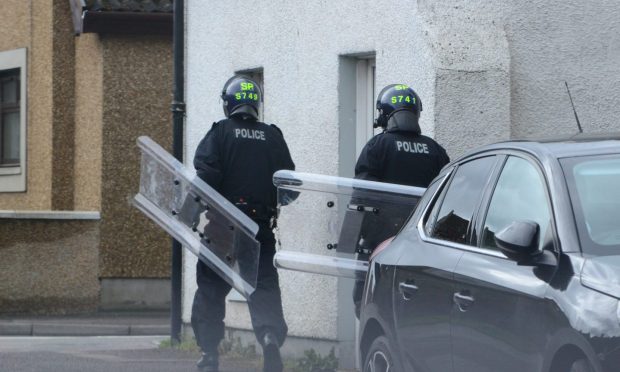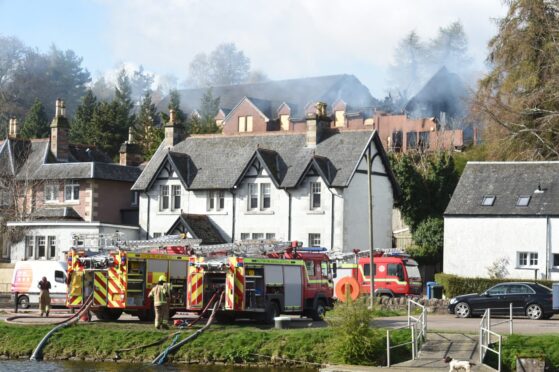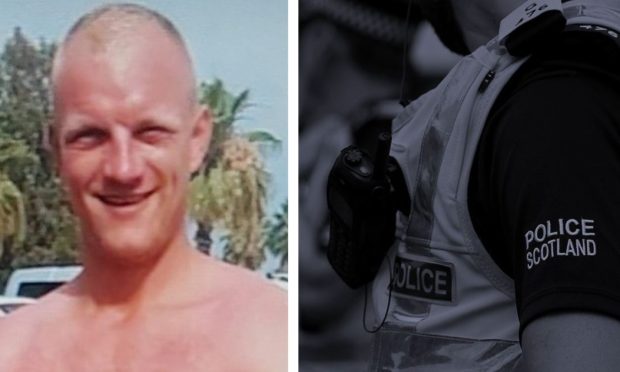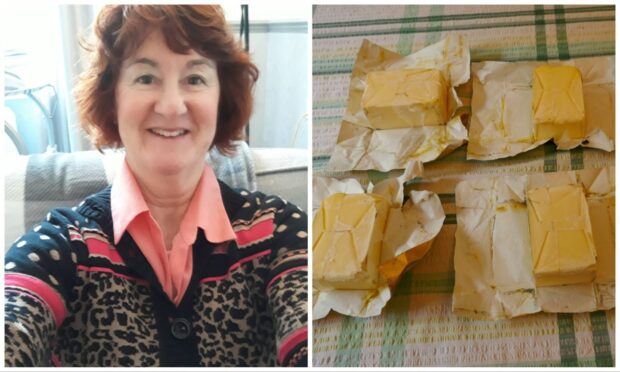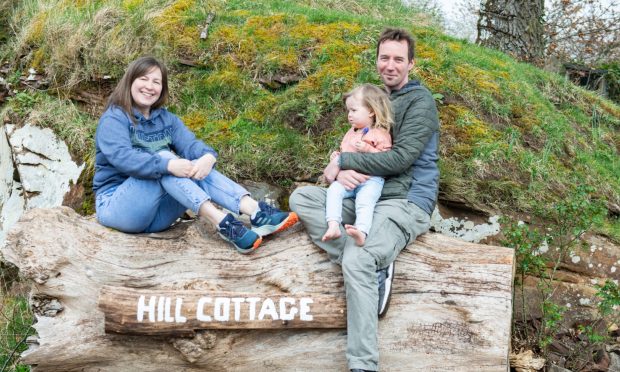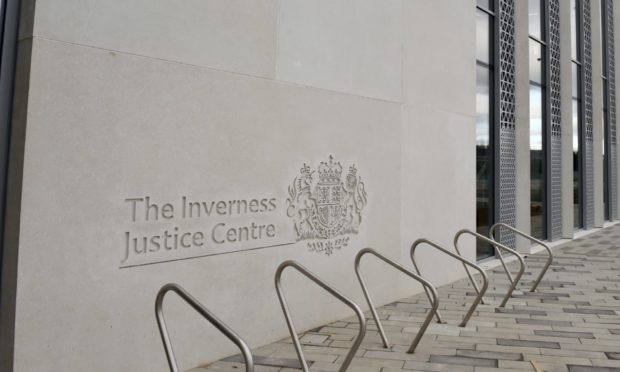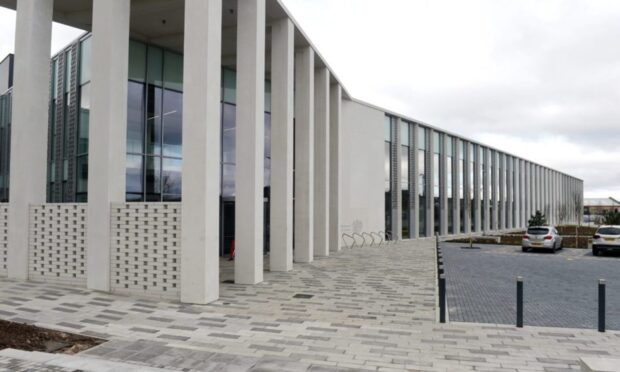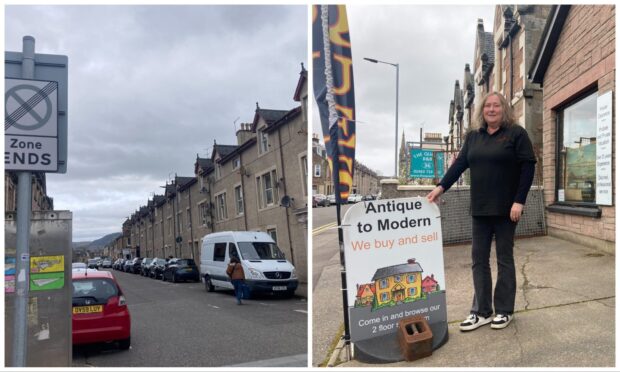Millions of pounds have been paid to carers to sit idle despite a staff shortage and massive budget cuts at NHS Highland, union leaders have claimed.
Workers have reported that they are reluctantly killing time during their shifts while on full pay because of the gradual privatisation of the service.
Health bosses said there was “no evidence” to suggest the cost was as high as the £8million calculated by the GMB union and that work was in hand to ensure there were no unfilled slots.
But Labour MSP Rhoda Grant said it appeared to be a “scandalous” case of mismanagement at the taxpayers’ expense.
Staff say the issue largely affects home care in and around the inner Moray Firth area, where the GMB claims private operators have found contracts to be more lucrative than in rural parts.
GMB Highland branch secretary Paul MacPherson said: “Due to privatisation, home care work is being transferred from under-utilised NHS staff to companies that rely on ‘zero hours’ contracts, despite the negative impact that has on staff.
“The NHS are paying staff to be available for 7.5-hour shifts but the NHS are only able to provide carers with two or three hours’ work a day.
“It’s because they’ve contracted most of the mainstream work out to the private sector providers.”
One of the 201 NHS Highland-employed home care workers, who serves mainly elderly clients and wished to remain nameless for fear of dismissal, said: “It’s the worst it’s been.
“It first reared its head about three years ago. We were told then there would be no changes but it’s escalated.
“I’m paid by the NHS to work 7am to 2pm but I’m actually working 7am to 10am.
“I’m effectively being paid to do my housework, or walk the dog or anything else I want to do, for several hours of my shift.
“Fair enough, if they phone me I go back out, obviously. But they’re not going to because there’s no work.
“I know of one colleague who did four hours’ work over four days. We’re salaried, so we get our full pay. Is there any wonder the NHS is struggling?”
Jean Pierre Sieczkarek, projects lead for NHS Highland, said the board had refocused its care at home service over the past two years to provide a rehabilitation service to “support quicker patient focussed discharge” from hospital and “to support prevention of hospital admission.”
To achieve that, he said the board had worked in partnership with the independent sector.
“They’ll undertake the long term care at home for individuals, commonly called ‘mainstream’ care at home,” he said.
“Over this period, as activity has transferred, staff have been asked to work in different ways – often more reactively and often unscheduled.
“Therefore, staff do occasionally have unfilled slots in their rotas.”
He said there was “no evidence” to suggest that it equated to waste of £8million.
He added: “We’re confident that by early summer there’ll no longer be unfilled slots in the rotas.”
Highlands and Islands MSP Ms Grant was shocked by the revelation.
She said: “If this is true, and I have no reason to doubt that the GMB have done their figures properly, then this is scandalous.
“There are people waiting for home care packages. We haven’t seen an end to bed-blocking. There are people in desperate need of those packages that should be using them. If this is happening then it’s mismanagement.
“Why would they be putting out to tender packages of care that they have the resources inhouse to deliver? That’s just double paying.”
The care worker said that since the service had been transferred from the council to the NHS as part of “integration” care had increasingly been privatised.
She said she was concerned both for her future and for the quality of care provided to some of the north’s most vulnerable people.
“Some clients have no relatives,” she said. “The lack of consistency of carers helping them is heart-wrenching, and the elderly are helpless. Many will be from a generation which won’t speak up and complain.
“Clients we’ve worked with on a one-to-one basis for years are simply getting letters notifying them that their care is changing. As a result, there’s a loss of consistency of care. It’s awful the way they’re treating the elderly – and us.”
NHS Highland has sought savings of £47million (7%) in 2017-18 to balance its books despite the Scottish Government’s insistence that funding increased.
The board has cited spiralling costs, an ageing population, recruitment problems and increasing pressure on staff for a need to change the way it delivers services.
NHS Highland chairman David Alston has claimed the board was short-changed by £8.5million (1.53%) under the Scottish Government funding formula.
The government however says NHS funding in the region “is increasing again in 2017-18 to a new record

